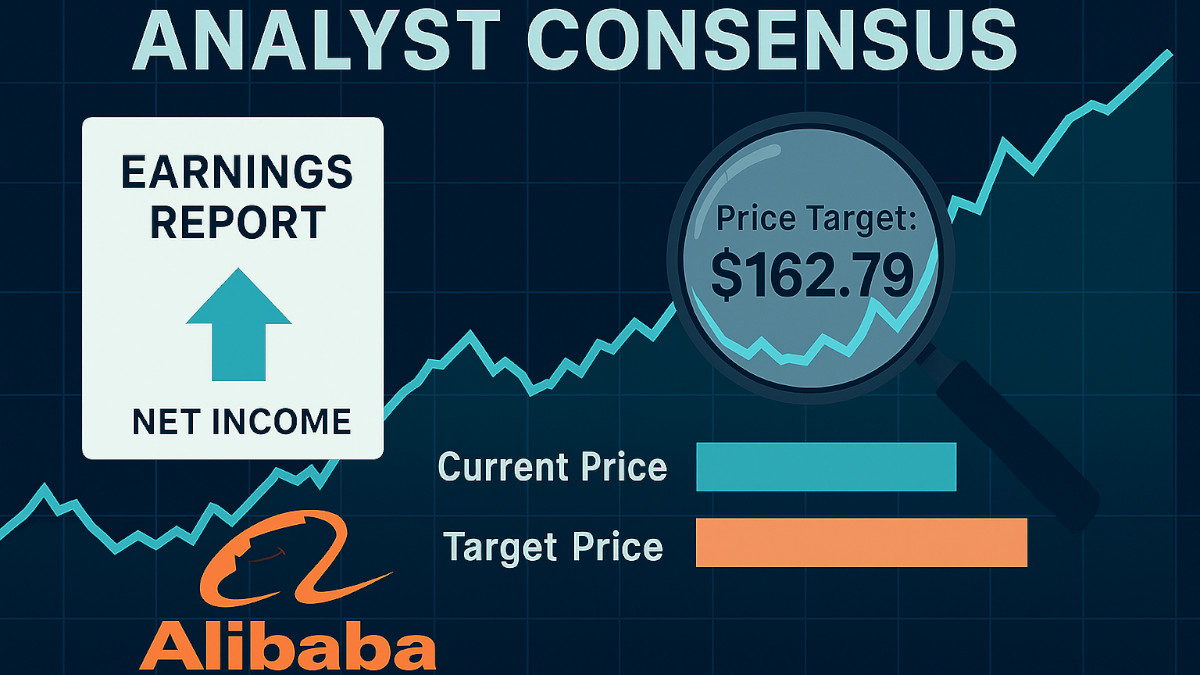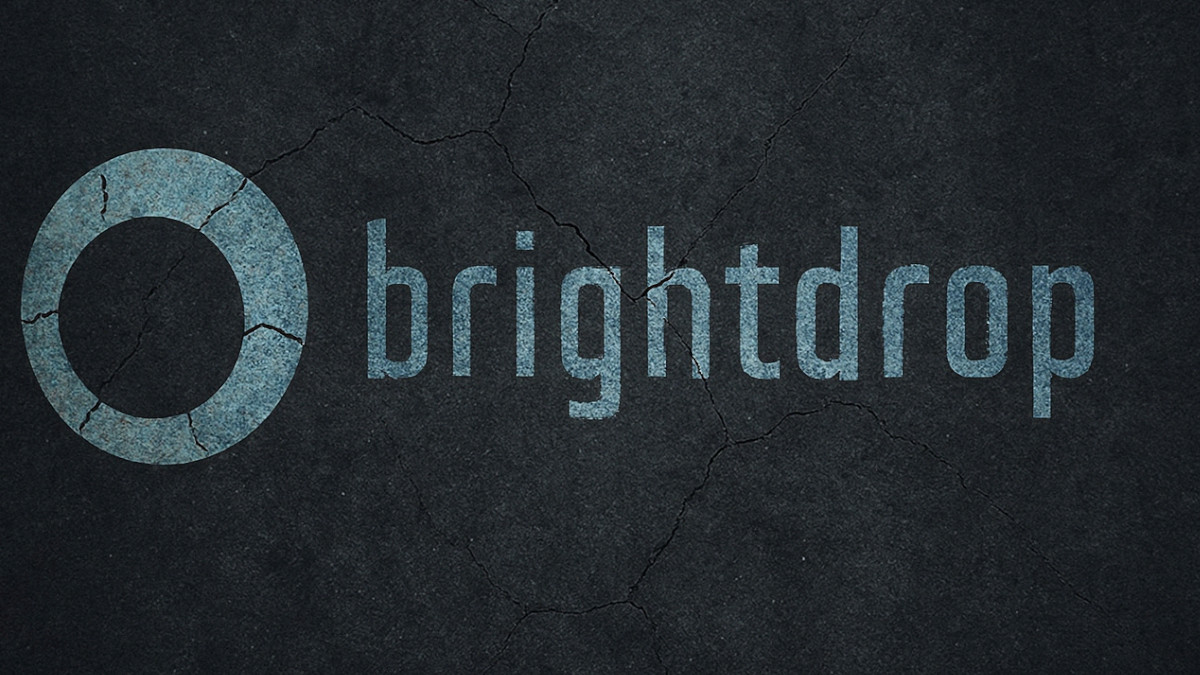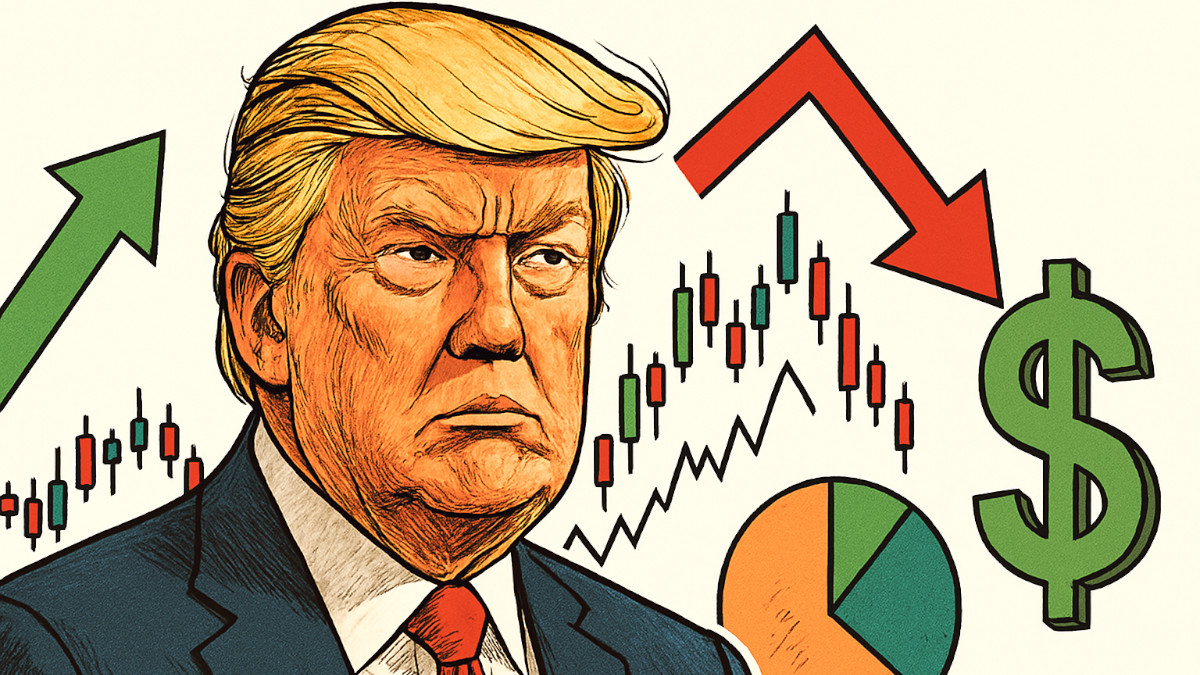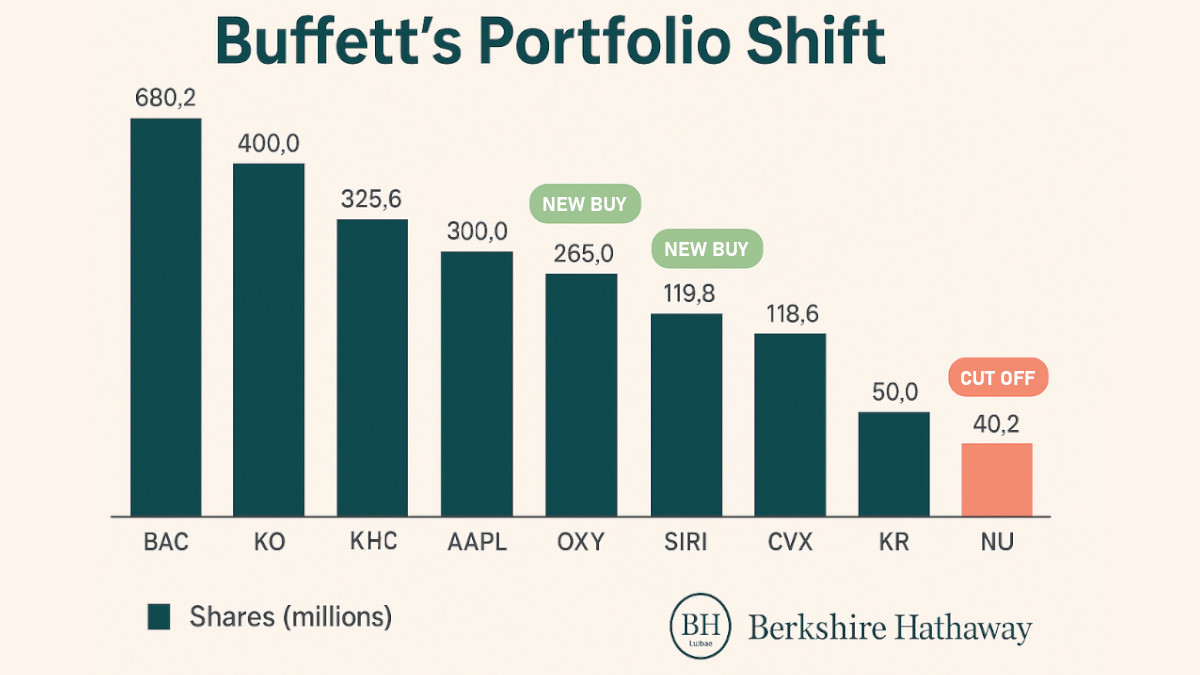Mali Threatens Barrick Gold’s Assets
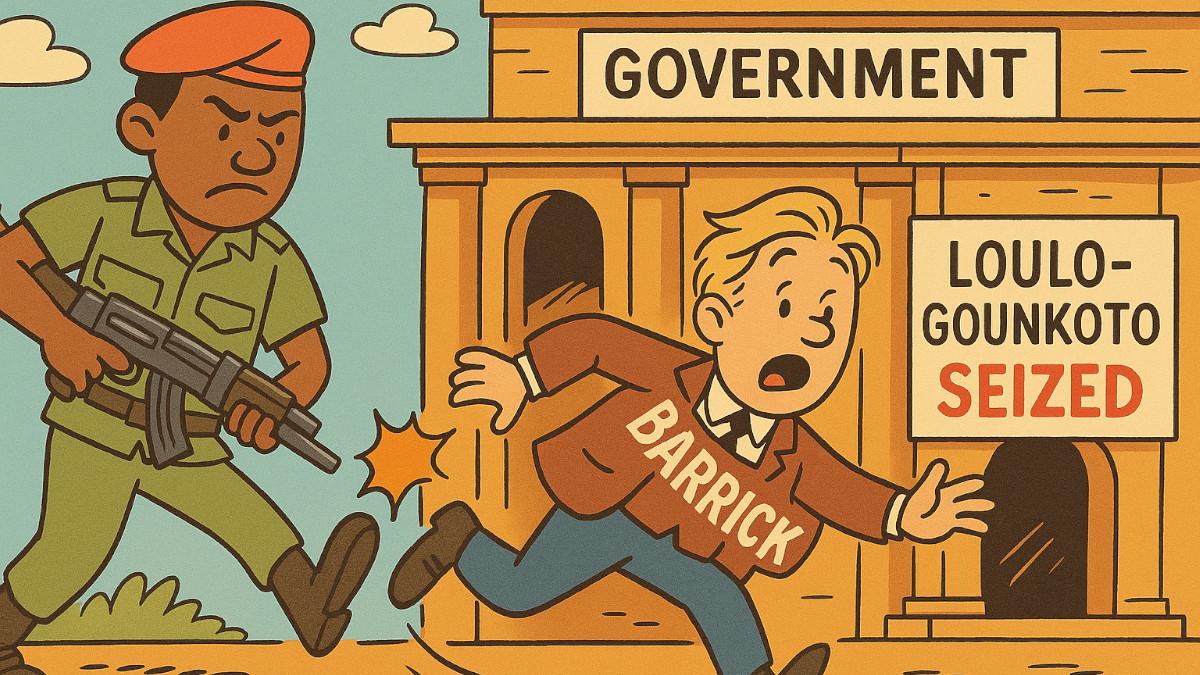
Mali’s military junta has closed Barrick Gold’s office and threatened to seize one of its biggest mining sites. The government wants tax payments while blocking the gold exports those taxes would be based on.
Barrick Gold, one of the world’s largest gold miners, has been locked in a standoff with Mali’s junta. The company’s office in Bamako is shut, and its Loulo-Gounkoto complex — a major gold site — is under threat of government seizure. Why? Because Barrick isn’t paying taxes on revenue it can’t earn due to Mali itself blocking gold exports.
Let’s say that again: the government stopped Barrick from selling its gold, then demanded taxes on the unsold gold. That’s not regulation — that’s hostage-style tactics.
Who benefits from this?
The junta is tightening control over Mali’s natural resources. By blocking exports and pushing out Western operators, it can redirect assets to companies aligned with its political goals — often Russian or Chinese partners. Barrick hinted that “a small group” is blocking progress. That likely means insiders are positioning themselves to grab control of a key cash-generating asset.
- Recent shifts in Mali’s mining sector
After the junta took power in 2021, multiple Western miners came under pressure — either through tax disputes, revoked licenses, or export blocks.
But during the same period, some lesser-known or non-Western mining firms (especially those with ties to Russia, China, or Middle Eastern investors) were either:
- granted new exploration licenses,
- allowed to continue operating without disruption, or
- given favorable terms in renegotiated contracts.
Suggests the junta is selectively pushing out some and welcoming others.
- The Barrick shutdown opens a vacuum
If the Loulo-Gounkoto complex is placed “under provisional administration,” it means the government could:
- Nationalize it temporarily
- Hand operations to local or foreign-aligned entities under “new” contracts
Historically in resource-rich nations with unstable governments, this often means insiders or allies of the regime get control — sometimes via shell companies or quiet partnerships with external mining operators.
- Russian and Chinese expansion in Africa
In other parts of Africa (e.g., Central African Republic, Sudan), Russian-linked mining companies (like those associated with Wagner Group or its successors) have moved in after Western firms were pushed out.
Mali has welcomed Russian military and political support over the last few years, so it’s not far-fetched to assume similar economic deals could follow.
What does this mean for traders and investors
Mali risk just exploded. Even existing agreements can be torn up overnight. Expect insurance premiums and country risk discounts to rise sharply for any Mali-based projects — not just in mining, but all foreign-backed industries.
Barrick’s Mali production is likely gone for now. This mine produced close to 700,000 ounces of gold annually. That’s around 15–20% of Barrick’s total output. Prices may not move dramatically yet, but keep your eyes on supply disruptions if the standoff drags on.
Barrick is threatening international legal action. These cases can take years. Meanwhile, production is halted, and Mali’s image as a mining-friendly destination is tanking.
Watch gold sentiment.This fits into a bigger picture for gold: growing political instability and resource nationalism could support gold prices, especially if more countries follow Mali's example.



